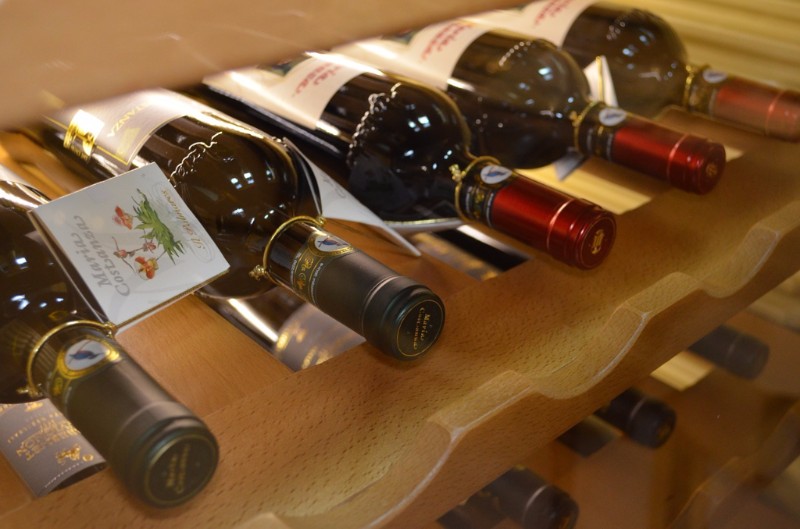What makes a wine valuable?
Wine has increasingly become something more than a beverage to be enjoyed, it has also become a potential investment. Understanding what makes a wine truly valuable over time can make the difference between a solid investment and a losing proposition.
There are five main factors that determine the value of a bottle of wine and its potential value as an investment. Producer, Scarcity, Vintage, Longevity and Critical Scores.

- Producer – Of the over one million producers of wine in the world, there are only 250 to 350 that could be considered to produce the quality of wine that would increase in value over time. For the most part, wines from France, Italy and California make up the majority of truly investable wines. The first growth wine from Bordeaux like Lafite and Mouton, Burgundy such as Leroy and DRC and the California cult wines Screaming Eagle and Harlan are examples of investment grade wines.
- Scarcity – Wine is an organic product that degrades over time, no matter how great the wine. Wines become scarce for 2 main reasons, over time they are consumed and therefore less of them are available, or there is small production to begin with because of the producer or a certain vintage. As an example, the 2012 DRC Romanee Conti produced 350 cases and sells for $20,000-$30,000 per bottle compared to 2012 Lafite Rothschild that produced 15,000 to 20,000 cases per year and sells for $650 per bottle.
- Vintage – Vintage may be the most critical aspect of what makes a great wine. Grapes can be extremely sensitive and complex, with small fluctuations in weather conditions making or breaking a vintage. The perfect balance is difficult to achieve and can be drastic from year to year. For example, 1980 was a less than stellar vintage in Bordeaux with very wet conditions, and the wine is comparatively worth little today. Compare that to 1982 which some consider the vintage of the century with wines lasting another 50 years and commanding high prices because of ideal weather.
- Longevity – Longevity of a wine ties very closely to the vintage as well as its projected value. Wines with great vintages typically are long lasting. The 1945 Mouton, one of the greatest wines ever made, will be mature for at least another 25 years. Compare this to a 1993 Mouton that is already considered past peak.
- Scores – Many wine purists abhor the critical wine scores, however the reality is that they matter and affect the value of a wine. Top critics like Robert Parker continue to influence values of wine and their collectability with even slight adjustments to scores. Robert Parker did a 10 year retrospective tasting of the 2005 vintage that saw a few scores go from 98 to 100. Both Pavie and Angelus saw these increases that pushed the value higher almost immediately.
An example of a seemingly strong investment wine at a relatively reasonable price that hits all five factors is the 2005 Chateau Pavie.

- Producer: Pavie is one of only four Premiers Grand Crus Classes A making it a top producer out of 64 Grands Crus in St. Emilion.
- Scarcity: Pavie has a relatively low production in Bordeaux and 2005 was even lower at 7,000 cases, adding scarcity immediately to its value.
- Vintage: 2005 is considered one of the top 5 great vintages of the last 50 years and the owner of Pavie considers this his best ever made.
- Longevity: The 2005 Pavie is considered to be a 100 year wine with its maturity ranging from 2020 to 2120, making it a wine that will have an extremely long life and therefore a good investment.
- Critical Scores: Pavie has scored very high with critics, with a perfect 100 from Robert Parker, A perfect 100 from Wine Spectator, 98 from Wine Cellar Insider and 96 from Stephen Tanzer.
The price of $5,000 per case on average is more than half the price of Lafite 2005 that scored a 96 by Robert Parker. With up to 100 years left of expected life Pavie is indeed a desirable investment opportunity.

WineAdvise has access to private collections and brokers, let us help you find some of those hidden gems!Wine
Please contact Brian Ward at ward@wineadvise.com or 203-241-8411 for more information.



